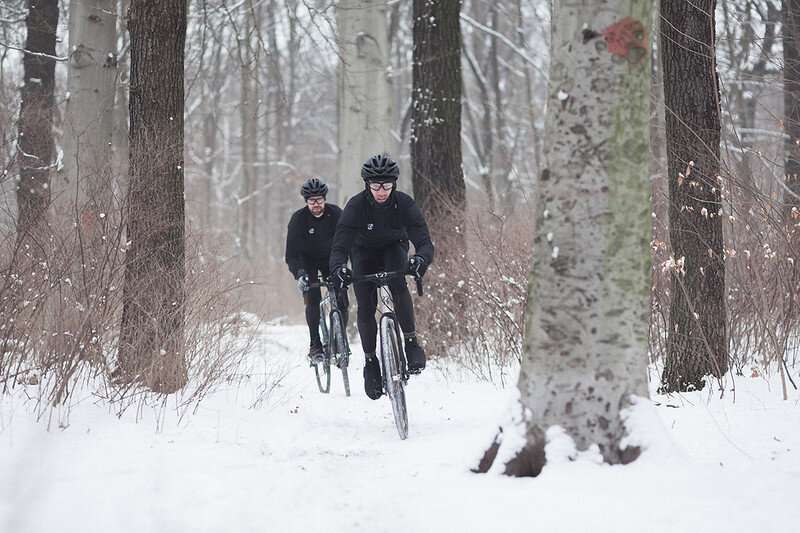Change of scenery: New research outlines how recreation will shift with climate change in the west

Change can be hard, especially when it involves soaring summer temperatures, mega-droughts, invasive species and other items from the list of unpleasant outcomes of climate change. There are innumerable economic and social implications from a changing climate—but in the Western U.S. where skiing, hiking, biking, hunting and other forms of outdoor recreation are core to many people's lives, and where local economies rely on income generated by these activities, the impacts are already difficult to ignore.
New research from the Institute of Outdoor Recreation and Tourism, works to define what, specifically, the changing climate will mean for the future of outdoor recreation in the West. The lesson at the heart of the review is that adaptation will be a critical skill as the new climate offers unpredictable scenarios to individuals, local economies, land-management infrastructures and long-term planners. The review, published in the Journal of Forestry, compiles the existing research that explores the ways in which climate change alters the types and timing of outdoor recreation activities, and the indirect effects of these shifts on everything from bear populations to new problems with seasonal staffing.
Campsites that are too hot, ski resorts with fluctuating snowpacks, rivers with low water levels, and forests crowned with a halo of wildfire smoke all affect the number of people who participate in outdoor recreation and the quality of their experiences. These impacts change the way people move through the landscape, value the experience and spend their money—but the specifics can be hard to define. For instance, if a campsite is too smokey, one group of recreationists may decide to drive further to reach an alternate site. Another might wait until the smoke clears, and another might choose to give up a particular activity altogether and go home. In the paper, the researchers provide activity-specific adaptation strategies that can be used to plan for these consequences (for instance, increasing capacities of existing outdoor recreation settings, adjusting season lengths, or improving communications to manage visitors' expectations).
"Land managers can prepare for climate change by learning the best strategies for adaptation, as we currently understand them," said Anna Miller, lead author on the study. "Learning from past successes and failures when responding to things like extreme weather events can help managers better understand what's going to best help them adapt to change—if and when it happens again."
Building resilience in outdoor recreation systems will take careful planning, according to the research. For example, developing collaborations and communication strategies between agencies within a local region right now will allow managers to respond more effectively as new situations arise. Managers also need to carefully consider how climate change adaptation strategies can improve equitable access to recreation opportunities.
Winter-based recreation sites may need to expand operations to include shoulder- and summer-based activities in order to stay viable in a warming climate. Summer operations may need to adjust budgets and staffing for longer seasons, and be better prepared for extreme temperatures. Wildlife and forest-product-gathering activities will have to build in flexibility and prepare for fundamental changes in the ecosystem as well.
"We may not know precisely what's in store for outdoor recreation managers in the next decades," said Miller, "but using our collective experience can help us learn how to adapt recreation planning for the most likely futures."
More information: Anna B Miller et al, Climate Change and Recreation in the Western United States: Effects and Opportunities for Adaptation, Journal of Forestry (2022). DOI: 10.1093/jofore/fvab072
Provided by Utah State University





















